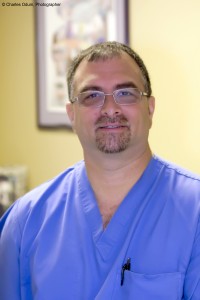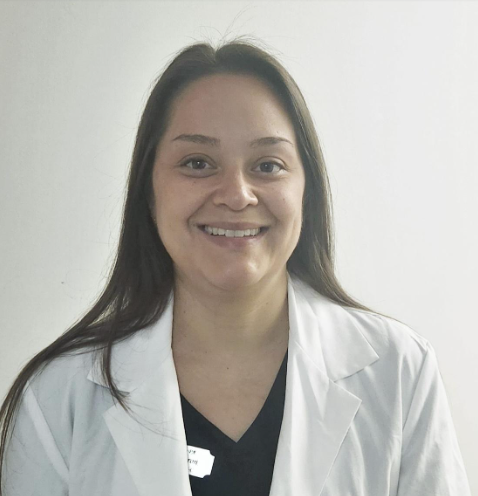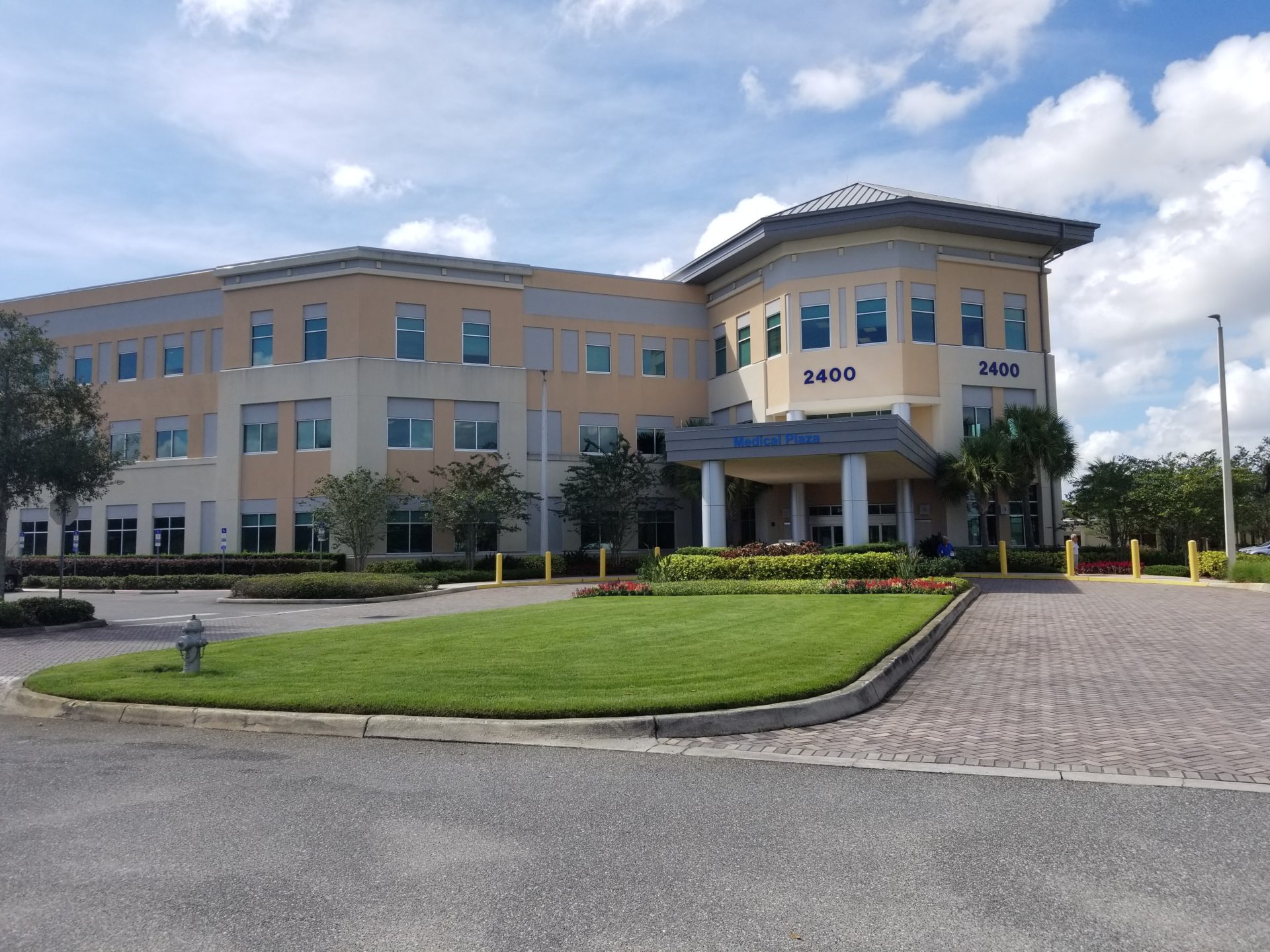What We Do
We strive to provide state-of-the-art diagnosis and treatment using the latest urological innovations. We are aware that many urological conditions are accompanied by social discomfort or embarrassment; therefore we emphasize sensitivity and discretion when dealing with all our patients’ concerns.
Our Services
Our practice treats a wide variety of urological conditions including:
HOSPITAL SETTING
OFFICE PROCEDURES
Prostatectomies
Includes a number of surgical procedures to remove part or all of the prostate gland.
The prostate gland is situated in the male pelvis, below the urinary bladder. It surrounds the urethra
which carries urine from the bladder to the penis.
TURP (Transurethral Electrosurgical Resection of Prostate)
TURP is a surgery used to treat urinary problems that
are cause by an enlarged prostate.
Cystectomy
Bladder removal surgery, also called cystectomy, is the removal of the urinary bladder. After this surgery, a doctor must create a new pathway for urine to leave the body.
Nephrectomy
is a surgical procedure to remove all or Part of a Kidney
UroLift
Hydrocelectomy
Hydrocelectomy is surgery that is done to remove or repair a hydrocele. A hydrocele is
a fluid-filled sac surrounding a testicle that causes swelling in the scrotum (the pouch
that holds the testicles). Hydroceles can be scary because you can see them and
because they are in a sensitive part of the body. They are usually painless and often
improve without treatment. However, you should discuss any abnormality in the scrotum
with a doctor right away as it could be a more serious problem.
Transurethral resection of bladder tumor (TURBT)
An in-hospital Bladder Biopsy TURBT is the procedure done to diagnose and treat early-stage bladder cancer at the same
time. This procedure is the first-line diagnostic test and treatment for bladder cancer. Men are almost four times more likely than women to be diagnosed with this type of cancer.
Axonics Therapy
Axonics Therapy is a clinically proven solution for treating symptoms of overactive bladder (including urinary urgency incontinence), bowel (fecal) incontinence and urinary retention1.
Aquablation Therapy
Laser Lithotripsy of Kidney Stones
Lithotripsy using a laser is a surgical procedure to remove/breakdown stones form
the urinary tract. i.e., kidney, ureter, bladder, or urethra. Optical fibers carry light pulses that pulverize the stone. The remaining particles of small stone will exit the body when the person urinates.
The procedure is done in a hospital or an outpatient basis, outpatient center or surgical center. The advantage is that it treats kidney stones without an incision. Hospital stays and recovery time are reduced.
ESWL (Extracorporeal Shock Wave Lithotripsy)
A non-invasive treatment of kidney stones, using an
acoustic pulse (sound waves) and is perform on an out-patient basis with no need for hospital
admission. It will take approximately an hour and performed under general anesthesia or intravenous
sedation.
Percutaneous Nephrolithotomy
Percutaneous nephrolithotomy (nef-roe-lih-THOT-uh-me) is a procedure used to remove kidney stones from the body when they can’t pass on their own. A scope is inserted through a small incision in your back to remove the kidney stones.
Percutaneous nephrolithotomy is used most often for larger stones or when other procedures, such as extracorporeal shock wave lithotripsy or uteroscopy, are unsuccessful or not possible.
Pelvic Slings
Pelvic Sling surgery is the most common surgery doctors use to treat urinary stress
incontinence. That’s when certain movements or actions, like coughing, sneezing, or lifting,
put pressure on your bladder and make you pee a little.
Circumcisions
The surgical removal of the skin covering the tip of the penis. The procedure is fairly common for newborn boys in certain parts of the world, including the United States.
Circumcision can also be a matter of family tradition, personal hygiene or preventive health
care. Circumcision after the newborn period is possible, but it’s a more complex procedure.
Orchiectomy
(also named orchidectomy, and sometimes shortened as orchi) is a surgical procedure in
which one or both testicles are removed (bilateral orchiectomy).The surgery is typically preformed as
treatment for testicular cancer, in some cases of testicular torsion, as a gender-affirming procedure for
some trans women, and in sometimes used in the management of advance prostate cancer.
Cystoscopy
A cystoscopy is a procedure to look
inside your urethra and bladder with a cystoscope. A cystoscope is a small tube with a light and camera on the end. This can be done depending on the size of the tumor or growth within the bladder. At times it has to be done in a hospital setting.
Vasectomy
A surgical procedure for male sterilization for permanent contraception. During the
procedure, the male vas deferens are cut and tied or sealed so as to prevent sperm from entering into the urethra and thereby prevent fertilization of a female through sexual intercourse. Vasectomies are usually performed in a physician’s office, medical clinic.
Bladder Biopsy
A bladder biopsy is a procedure used to take a sample of your bladder
tissue. The sample may be tested for cancer or other health problems. This
procedure may be done during a cystoscopy.
Prostate Ultrasound
The ultrasound uses high-frequency sound waves to create an
image of the prostate gland. This can help the doctor find abnormalities in the gland.
Prostate Biopsy
Tissue sample to find out if you may have prostate cancer. Done with Ultrasound Guidance.
Urethral Dilation
Urethral dilation is a medical procedure in which the urethra is gently stretched with a rubber or metal tube. An abnormal narrowing of the urethra, called a stricture , may inhibit the flow of urine and cause serious health problems, making this procedure necessary.
Bladder Scans
A BLADDER SCAN shows the bladder and the amount of urine left in the bladder after voiding. Urine
left in the bladder is called Post Void Residue (VR)
Uroflows
This is a speed measurement test of your urination. It is a simple screening test to determine whether
you urinate normally and with normal speed (compared to population normal)
Low Testosterone and Male Hypogonadism
Male hypogonadism is a condition in which the body doesn’t produce enough of the hormone that plays a key role in masculine growth and development during puberty (testosterone) or enough sperm or both.
You can be born with male hypogonadism, or it can develop later in life, often from injury or infection. The effects — and what you can do about them — depend on the cause and at what point in your life male hypogonadism occurs. Some types of male hypogonadism can be treated with testosterone replacement therapy.
Meet Our Physicians
Both of our Physicians are certified by the American Board of Urology.

JEFFREY B. FISCHER
M.D., F.A.C.S.
Dr. Fischer graduated from Muhlenberg College and received his medical degree from the University of
Florida College of Medicine. He completed his residency at Washington Hospital Center. His special
interests include urological oncology and kidney stone disease.

ZAID A. FADHLI
M.D., F.A.C.S.
Dr. Fadhli graduated from the University of Houston and received his medical degree from The
University of Texas Southwestern Medical Center. He completed his residency at the University of Texas
Health Sciences Center and MD Anderson Cancer Center. His special interests are urological oncology
and Kidney Stone disease.

Introducing Linda Calderon
Ms. ED., – PA C
Florida Physician Assistant License, BLS: ACLS; Infectious Control –Proficient in Spanish: NCCPA Board Certified
Education: BA in Biological Sciences 2005 State University of New York at Bingham
Master of Science Education 2008 City University of New York at Lehman College
BS in Physician Assistant Studies 2014 State University of New York Downstate Medical Center
Calderon’s Urological training and work experience are with Suny(State University of New York) Downstate Medical Center, Brooklyn NY. As a Urological Physician Assistant, she gained broad experience in managing urological diseases including Kidney stones, BPH, Erectile dysfunction, Uti’s, Incontinence, and Urologic cancer.
She worked at Memorial Sloan Kettering Cancer Center, as a Urological Oncology Physician Assistant, practicing under the direction of Dr. Peter Scardino, who is well known for surgical treatment of prostate cancer. Linda managed prostate cancer patients independently in an active surveillance clinic setting.


